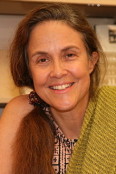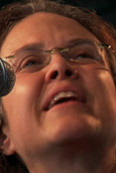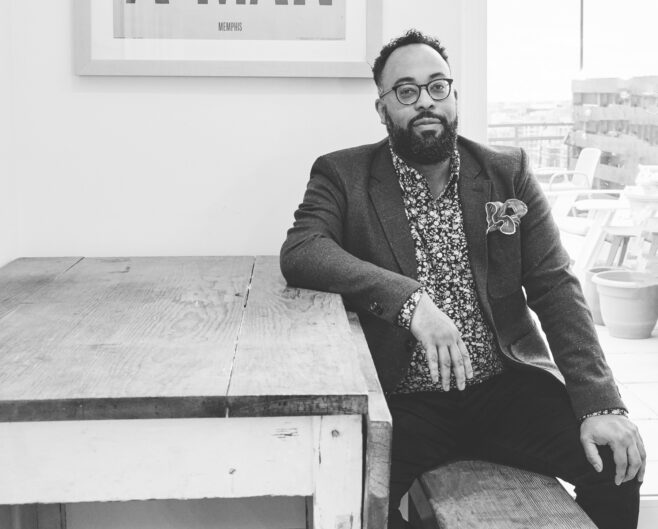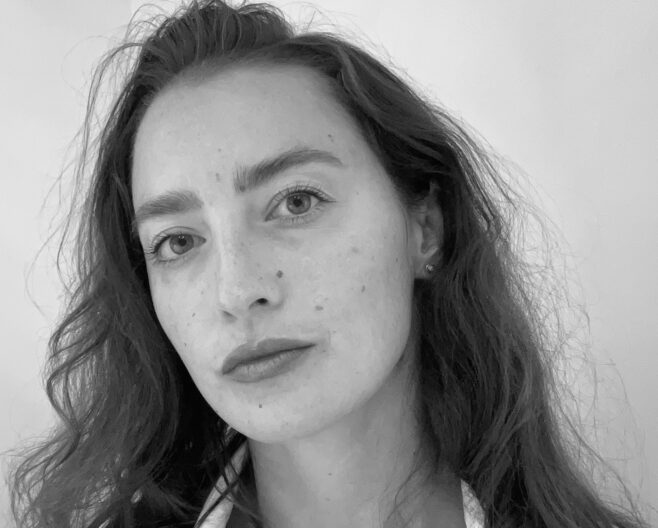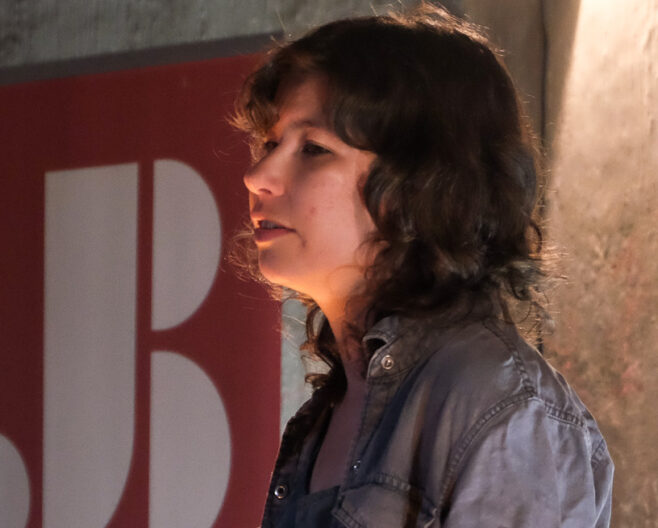“One can only write and hope.”
NAOMI SHIHAB NYE
Interviewed By: Kaveh Akbar
You’ve written that poetry gives us access to a “slower kind of empathy.” Could you speak to that a little?
We're always bouncing around so much. Reading and writing poetry slows us down enough to imagine, if only for a few important moments on a regular basis, other people's lives and perspectives. This could make all the difference, really. If only people did this enough, it might truly help us out. A woman I correspond with just went to Palestine on an olive-picking journey. It takes patience to deal with olives. Like poems. She came back profoundly deepened in her caring views and understanding perspectives about the injustice and catastrophe Palestinian people have been putting up with for a very long time.
Many of your poems seem very devotional—not necessarily in a specifically religious way, but devotional in the sense of inhabiting the architecture of prayer or exaltation. “Blood” ends with the speaker driving into the country “to plead with the air.” In “Hidden,” “the fuel that feeds you” is the name of a beloved tucked under a tongue. Do you think of poems like these as devotional? What does writing in that way do for a poet?
Thanks for feeling that. I am devoted to this mysterious and incredible life as a human. I wish, as my mother always repeated when we were small, to live up to a better or best self more times than not. We listen to the air, the silence. Poets may all become something like Buddhists, in some organic way — without even realizing it sometimes. Breathing more deeply — trying to exchange some of the world's overwhelm for a greater calm. Or trying to hear the messages things/elements/animals/plants have for us. Can we hear them? William Stafford talked about that — repeatedly. And bravely. I think W.S. Merwin extends and amplifies our possibility of devotion in every poem he ever wrote.
I can very much see your poetry as carrying on in the spirit of Stafford’s. Did you ever meet him?
Yes, I met him. My whole family met him and his entire family numerous times, and we have loved them all for years. And always will. It has been a great honor to know the Stafford family.
One of the first poems of yours I ever loved was “The Art of Disappearing,” which serves as a defense of introversion, a sort of reminder to be prudent with one’s time. It’s also very funny — “when someone recognizes you in a grocery store / nod briefly and become a cabbage,” for instance. Can you talk about how that poem came about?
Thank you. I was very young. I preferred being invisible and watchful. Still do.
I want to ask you about another favorite: “The Words Under the Words.” The poem casts a very domestic scene (“My grandmother’s days are made of bread, / a round pat-pat and the slow baking”), but undercuts it with this exquisite sense of loss (“Farewell to the husband’s coat, / the ones she has loved and nourished, / who fly from her like seeds into a deep sky. / They will plant themselves. We will all die”). Can you tell me about that poem, how and when and why you wrote it?
Thank you. I was also very young. Visiting my Palestinian grandmother — living near her for a year then visiting many more times as she died at 106 — was a chance to live in deeper time. She missed everyone who was gone and yet she continued with her resolute daily activities — and the pleasure of remembering and always continuing to hope — for connection. She was a superhero. You could feel her deepest sense of peace and devotion resonating throughout her voice, hands, and laughter. Though a refugee, she was not permeated with bitterness at all. She said, "They just don't know our stories."
More than most poets, you’re interested in infusing those kinds of stories, the kind that might otherwise be lost to us, into your work. Has that been a deliberate gesture towards preservation, or is it more organic, just what happens to come out?
I think that’s just what I’m interested in. I have never had a particular “academic” bent — a “larger-scale vision” — but rather, maintain a more organic dailiness obsession.
“Dailiness obsession,” I love that. I was floored by your recent Washington Post piece, where you discuss growing up both in Ferguson, Missouri, and then in the West Bank. The parallels you draw are haunting (“It’s easy to see how delusions of equality in Ferguson – where a white officer might raise a gun against an unarmed black kid – are simply wrong. Why is that harder for people to see about Gaza?”). What do you see as being the major obstacle preventing the American public at large from extrapolating the lessons of Ferguson to what’s been occuring elsewhere in the world?
Injustice doesn't work in the big picture even if it seems to abide or dominate, hold control, for a long time. At some point, as my dad used to say, the "tinder box explodes." We used to say, “What is a tinder box?” Mutual respect is the only way. Many people agree that Ferguson's injustices were simmering for so long. And everyone who questions what is going on in Israel/Palestine should listen to the Israeli speaker Miko Peled, who wrote The General's Son, if they don't want to listen to Palestinians.
And the United States needs to have more than one friend, not just Israel, if they really want to help with the "peace process" — which seems doubtful, since they keep sending weapons to their one friend, even during one of the most horrific massacres, like Gaza in 2014. Hopefully our government will wake up someday. The rest of the world's governments seem much more balanced and wiser than ours on this issue.
I very much hope so too. To turn back to the writing—I’ve always been struck by the poetry of images that creeps into your prose. From the Ferguson essay: “I wished the Jewish Israelis we weren’t seeing across that line could know the families of Palestine as we did, sharing their humble parties under blossoming almond trees.” From I’ll ask you three times, are you OK?: “We would ride a swinging cable car to the top of a mountain, stand apart from each other, and never kiss once. We would look down on three states and say, ‘Okay, it’s over.’” Scenes like these populate much of your prose. Are these images snatched from your poetry notebooks, or is this just the way your mind works, in scenes?
That's the way my mind works. Fortunately or unfortunately, I'm not sure! And thanks for reading I'll Ask You Three Times... — it's still my favorite book, along with Going Going.
Why are those your favorites?
They’re the underdogs! And I find them both funny.
When did you start writing for young people?
I was contacted by a brilliant editor, Virginia Duncan, way back in the early nineties, and she asked me if I had ever thought about writing for young people. I had always thought about it, but had only published a few things for young readers at that point. She has now helped me with insight and wisdom through so many amazing book projects! Probably the most sharp, humble and intuitive person I will ever know — she is now editor-in-chief at Greenwillow-HarperCollins.
You open “Jerusalem” with, “I’m not interested in / who suffered the most. / I’m interested in / people getting over it.” Later, “A child’s poem says, / ‘I don’t like wars, / they end up with monuments.’ / He’s painting a bird with wings / wide enough to cover two roofs at once.” I’m interested in how you see poems like this relating to Forche’s notion of a “poetry of witness” — do you consider yourself to be someone who writes in that mode?
I hope so. I respect Carolyn Forche and her work for witness so much.
William Meredith wrote, “the imperfections of society…can only be responded to militantly, by poet and reader.” What (if any) responsibilities do you believe readers have when encountering material like “Jerusalem,” or “Fundamentalism”?
Hopefully those poems might suggest looking at things with a wider eye - more balance? One can only write, and hope. I am fascinated by the connections between fundamentalism and some kind of fear? I don't know. You tell me. And does our nation really respond in ways that might diffuse fundamentalism or encourage it? You tell me.
Interview Posted: December 22, 2014
MORE FROM DIVEDAPPER. (Drag left)

